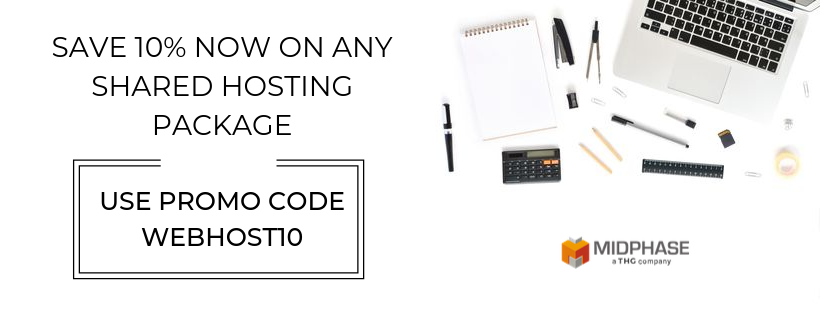How Does an SSL Protect My Website?
One of the most economical and secure ways to protect your website is to deploy an SSL Certificate. You will gain the instant ability to roll out protected URLs with the http:// to show visitors you value their data protection.
How Do SSL Certificates Work?
If you are in doubt as to what an SSL Certificate can do for your website, consider this helpful explanation from Symantec. Below you will see the step-by-step process of establishing a digital handshake between a browser and a server:
- A browser attempts to connect to a website secured with SSL
- The browser requests that the web server identify itself
- The server sends the browser a copy of its SSL certificate
- The browser checks whether it trusts the SSL certificate. If so, it sends a message to the server
- The server sends back a digitally signed acknowledgment to start an encrypted session
- Encrypted data is shared between the browser and the server
Your site receives a permanent security guard and the additional level of security protects users in an online transaction and encrypts data during transmission. According to Symantec, an SSL Certificate provides you with a “trillion year head start over a hacker.” They explain that “at current computing speeds, a hacker with the time, tools, and motivation to attack using brute force would require a trillion years to break into a session protected by an SGC-enabled certificate.” The report continues, “To enable strong encryption for the most site visitors, choose an SSL Certificate that enables 128-bit minimum encryption for 99.9 percent of website visitors.”
But there are other benefits for having an SSL Certificate, including:
- Credentials to establish identity online.
- Authentication generates trust in the credential.
- Website visitors can see proof that you protect their data.
- A green padlock in your website URL.
- A URL beginning with http:// displaying your security settings.
- Increased search engine optimization and higher placement in search engine results.
Get An SSL Certificate From Midphase
SSL Certificates on Midphase platforms are:
- Signed by Comodo
- 99.3% compatibility with browsers
- 128-bit encryption
Don’t wait any longer. Be sure that your website enjoys the benefits of encryption. Avoid risking your website’s reputation as well as you and your customer’s data.

